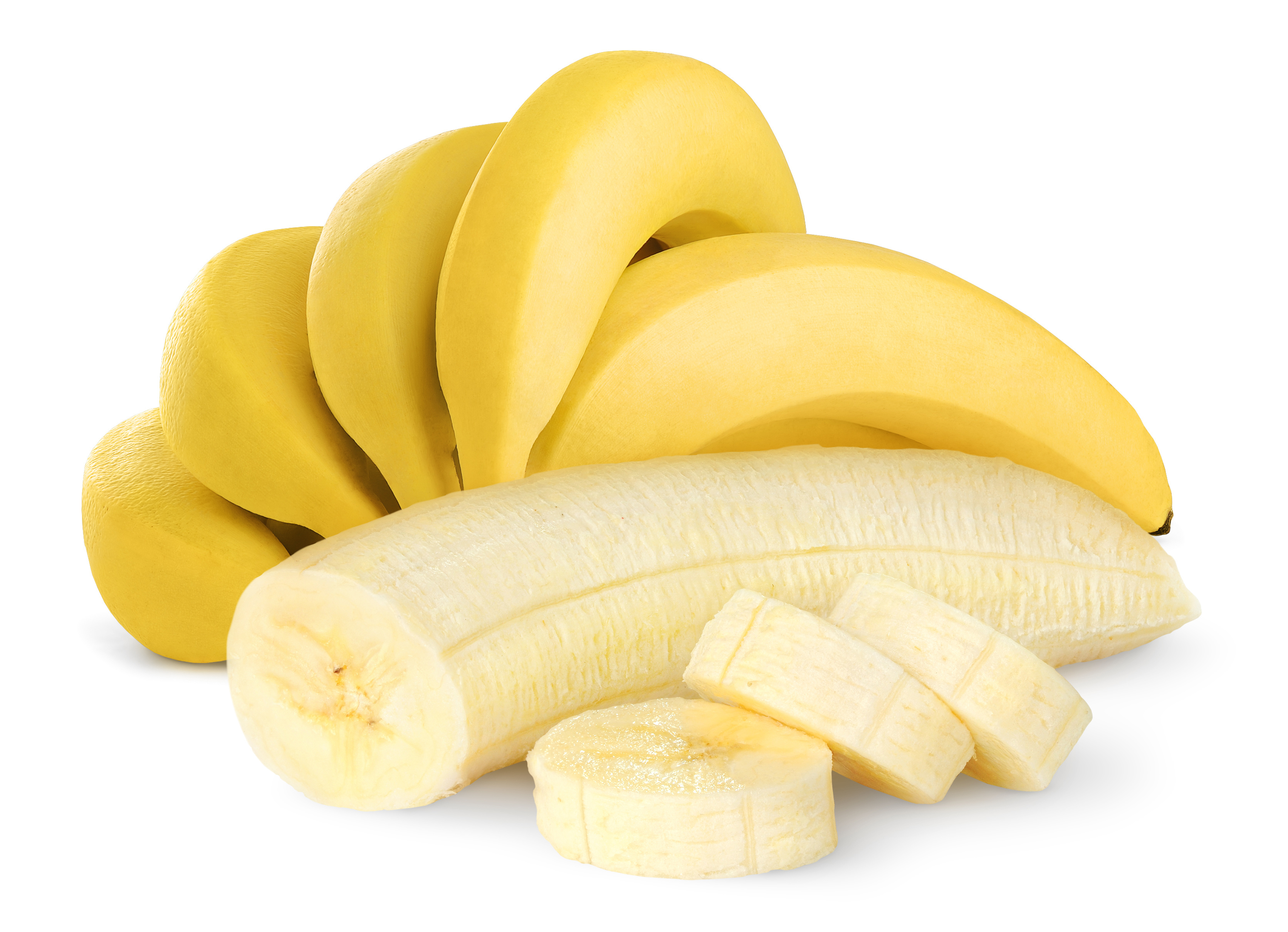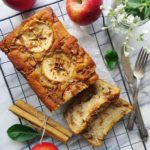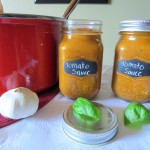Most people love bananas; they are inexpensive, delicious, nutritious, and available all year round! Bananas also offer many health benefits, which is why it is considered a superfood.
Nutrients Per Serving
To see the nutrients per 1 cup, 1 cup mashed, and 1 cup sliced bananas, click here.
Nutrients and Associated Health Benefits
– Potassium: helps maintain healthy heart rate and blood pressure
– Vitamin B6: lowers the risk of colon cancer, strengthens the immune system
– Vitamin C: reduces the risk of heart disease, cancer, arthritis, and helps strengthen the immune system (fights againts infections and disease)
–Folate: necessary for normal cell division, decreases the risk of birth defects such as spina bifida, and in combination with B12 has the ability to slow down cognitive impairment in mature adults
– Magnesium: decreases the risk of heart disease, type 2 diabetes, and osteoporosis in postmenopausal women
– Copper: protects the body from free-radicals which decreases the risk of developing certain cancers
– Pectin: a soluble fibre that aids digestion, and lowers LDL cholesterol
–Tryptophan: an amino acid that increases serotonin levels in the body which results in better moods and a better night’s sleep
– Fructooligosaccharide: a probiotic that promotes healthy digestion by encouraging the growth of good bacteria; also reduces the risk of colon cancer
How to Choose Bananas
Look for firm bananas that are almost ripe, with no brown spots or handling damages such as bruises. When buying bananas consider buying small bunches of bananas at various stages of ripeness to avoid having the bananas ripen all at the same time.
How to Store Bananas
It is best to store bananas at room temperature but out of direct sunlight. If you need to speed up the ripening process store in a brown paper bag or store with another ethylene-producing fruit such as an apple. Avoid storing bananas in the fridge, as the cooler temperature will stop the ripening process but turn the skin brown. Overripe bananas can be stored in the freezer to use in smoothies, popsicles, or banana bread.
Incorporating Bananas into Your Diet
– eat as is
– use in smoothies
– add sliced bananas to cereal, oatmeal, or pancakes
– use in baked goods such as banana bread or muffins
DID YOU KNOW?…
There are over 500 varieties of bananas.
– Mashed banana can be used as a substitute for egg in baked goods.
– Bananas are a natural antacid, a perfect choice for those with heartburn or ulcers.
– As in the case of avocados, those with a severe allergy to latex may experience symptoms of allergic reaction to bananas.
Feature Image: bodyandsoul.com.au




